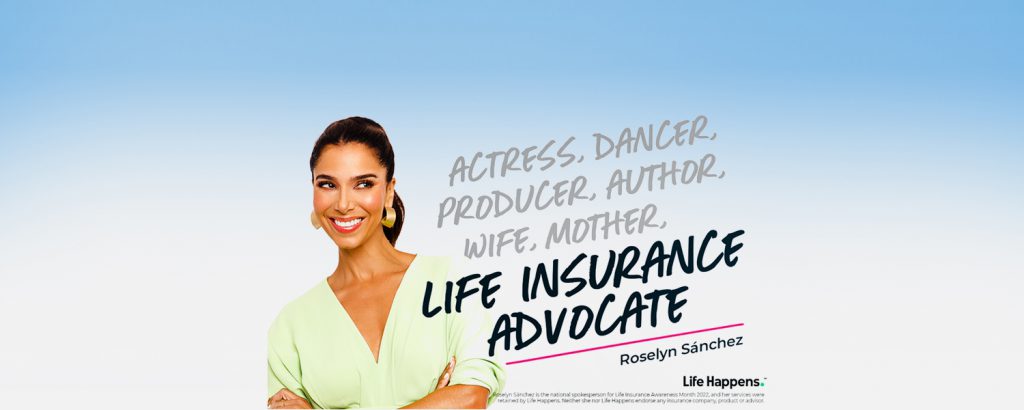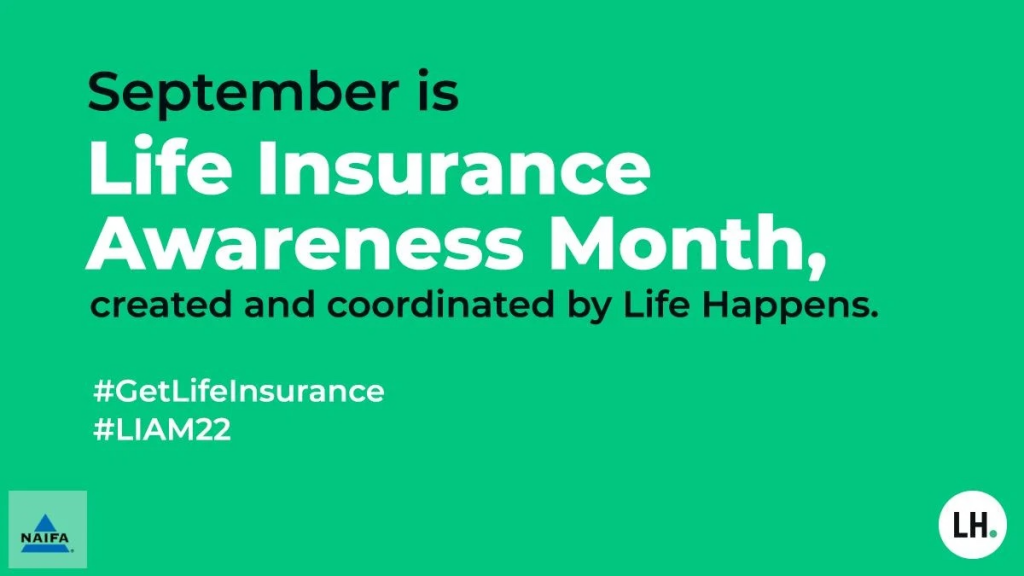Image via Pexels
No one likes to think about the possibility of a recession, but it’s essential to be prepared for one just in case. While there’s no sure-fire way to completely protect your finances if the economy takes a downturn, there are steps you can take to weather the storm. QualityTermLife has provided seven tips to help you recession-proof your finances – and your life.
1. Review Your Spending and Make Cuts Where Needed
One of the first things you should do if a recession is looming is to look closely at your spending habits. If you’re already living paycheck to paycheck, now is the time to make some changes. Cut back on unnecessary expenses like dinners out and subscriptions, and focus on building up your savings.
2. Invest in Yourself and Your Family’s Security
While it may seem counterintuitive, this is actually a good time to invest in yourself. Use this as an opportunity to learn new skills or take classes that can help you advance in your career. If you can land a promotion or get a raise down the line, you’ll be in a much better position financially. A certification in IT, for example, could help bolster your current skill set so you can move into a more advanced position at your current job or even find work elsewhere with more pay and better benefits. Plus, with degrees offered online, it is easy to fit coursework into your schedule.
Another aspect of looking forward and being proactive is ensuring the financial security of your family. One of the best ways to do this is by getting term life insurance so that, in the case of your passing, everyone will avoid struggling to keep up due to lost income. Call on QualityTermLife for available options.
3. Launch a Side Hustle
If you’re looking for ways to recession-proof your life, starting a side hustle is a great option. A side hustle can help you bring in some extra income, and it can also help you build your skills and network.
If you’re crafty, one of the best ways to make money is by selling your products at local art fairs. These events are an excellent outlet for meeting new people and showcasing your work. You can also promote your products on social media or on websites like Etsy.
4. Go with a Full-Fledged Business
If you have an entrepreneurial spirit, starting your own business might be a good idea. There are lots of businesses that can do well even during a recession. For example, childcare services will always be in demand, and people might need to repair computers, appliances, and other household items more often if the economy is bad.
Think about the skills you have and what you are passionate about. If, for example, you’re great with people, have customer service skills, and have design classes or art experience under your belt, you should take a look at what it takes to start a side career in interior design. You don’t need formal training, but you can always choose to take some design courses to bolster your resume – and sharpen your skills.
You could also become a freelancer if there’s an online service you’re experienced in. This can be a great way to make extra money while still having the flexibility to set your own hours.
5. Refinance Your Home
If you’re feeling worried about the possibility of a recession, refinancing your home could be an excellent option to shore up your finances. By refinancing your mortgage, you can lock in a lower interest rate and save yourself money in the long run.
That said, it’s essential to do your research before refinancing. Make sure you know how much you’ll be paying in closing costs and other fees, and compare interest rates from different lenders. If you’re not comfortable with the idea of refinancing, consider a home equity loan or line of credit.
6. Stay Diversified
If you have investments, make sure they’re diversified. This means avoiding putting all your eggs in one basket by investing in just one sector or company. According to Fidelity, by diversifying, you’ll be less likely to lose everything if one particular area takes a hit during a recession.
7. Build up an Emergency Fund
An emergency fund is key to weathering any financial storm, whether it’s a job loss or unexpected medical bills. Securian Financial explains that the aim is to have at least three to six months of living expenses saved so that you know you can cover your costs if tough times come knocking at your door.
Make Plans to Ensure Financial Stability
There’s no magic pill to avoid all financial hardship during a recession. But you can take practical steps to minimize the negative impacts and maybe even position yourself to flourish. You might be surprised at how much financial stress can be relieved by launching a profitable business, refinancing your home, or implementing some of the other tips above. The most important thing is to be prepared and have a plan in place so that you can weather the storm if it does come.
The life insurance experts at QualityTermLife are trained and experienced specialists in business to get you the right product at the right price. Free quotes online, or contact us today for more info! 1-855-707-5433










